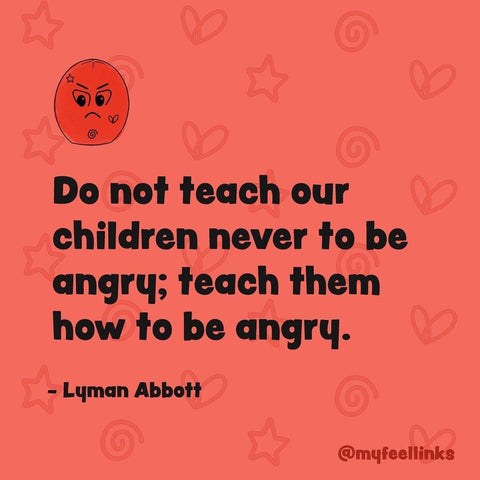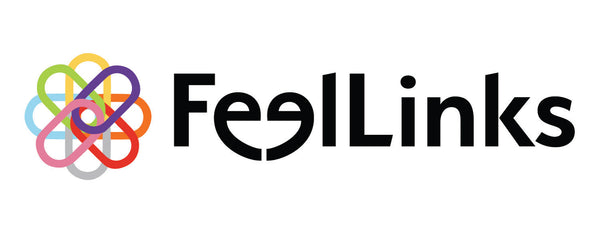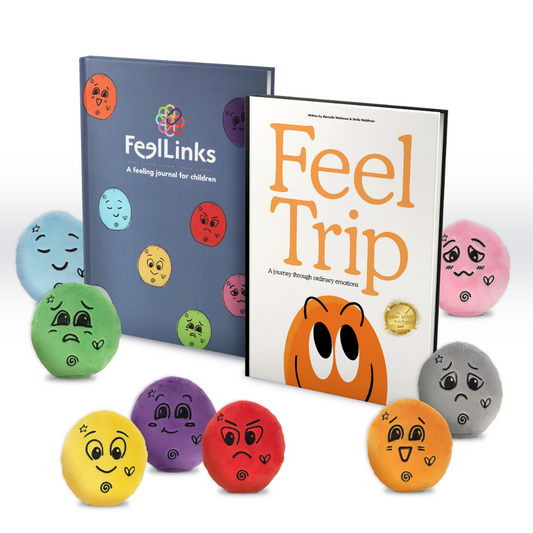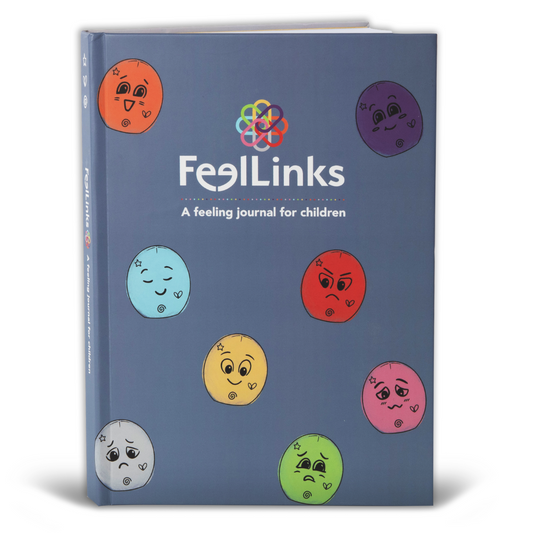The Surprising Benefits of Anger: When Anger Can Help Us
Share

With so much unrest going on in our world, specifically the most recent terror attacks in Israel, we are rightfully feeling extremely tough and intense emotions - frightened, furious, helpless, disgust, horrified, grief, and angry. Remember, emotions tell us what we care about. While many of these tough emotions can be perceived as negative, ones to be controlled or avoided, I'd like to take this opportunity to look at how these feelings, specifically anger, can serve as a constructive force to help us navigate challenges and make positive changes in our lives.
Motivation for Change
Anger can be a powerful motivator for change. When we become angry about an injustice or unfair treatment, it can drive us to take action. Historically, anger has been a driving force behind social and political movements, pushing individuals and groups to stand up for their rights and advocate for positive change. Anger can act as a catalyst for action and inspire us to work towards a better world.
Boundary Setting
Anger can play a critical role in setting and maintaining personal boundaries. When we feel anger, it often signals that our boundaries have been crossed. This emotional response can help us recognize the need to assert ourselves and communicate our limits to others. In doing so, anger can help protect our emotional and physical well-being by preventing others from taking advantage of us.
Self-Advocacy
Anger can be a key component of self-advocacy. When we become angry about a situation that affects us personally, it can prompt us to assert our needs and communicate our desires. Whether it's in relationships, at work, or within our communities, anger can be a powerful tool for making our voices heard and ensuring our needs are met. Communicating our anger, whether it be in writing or in person, we must always be respectful in our tone and body language.
Problem-Solving
Anger, when channeled appropriately, can fuel effective problem-solving. It prompts us to confront issues head-on, analyze the root causes of our anger, and seek solutions. In this way, anger can be a source of motivation and energy to address challenges and resolve conflicts. When harnessed constructively, it can lead to more effective and lasting problem-solving outcomes.
Emotional Release
Anger serves as a natural release valve for pent-up emotions. Suppressing anger can lead to stress, anxiety, and even physical health problems. Allowing ourselves to experience and express anger in a healthy and controlled manner can help release built-up tension and foster emotional well-being.
Enhancing Empathy
Experiencing anger can make us more attuned to the emotions of others. When we recognize how anger affects us, we may become more empathetic to the anger others feel. This can enhance our ability to understand and connect with others on a deeper emotional level, leading to better relationships and improved communication.
While anger is a complex and powerful emotion, it is not inherently negative. When managed and channeled effectively, anger can serve as a catalyst for positive change, a protector of personal boundaries, and a source of motivation for self-advocacy and problem-solving. To harness the benefits of anger, it's essential to recognize our emotions, manage our responses, and use anger as a constructive force to drive personal growth and positive change. Anger, when harnessed wisely, can be a valuable tool in our emotional toolbox.
After writing this article, I just so happened to listen to Betsy Russell, founder of Untangling Anxiety, most recent episode of her podcast, Untangling Anxiety: Getting Cozy With Our Emotions: How I Realized My Anger (and All My Other Emotions) Can Actually Help Me. This is an absolute must listen about emotions. She discusses using emotions in constructive, healthy ways. What she has to say about our tears might be the coolest new learning I've had in a while. WOW!
Emotions tell us what we care about...
Wishing for peace and safety for all,
xo Marcelle





